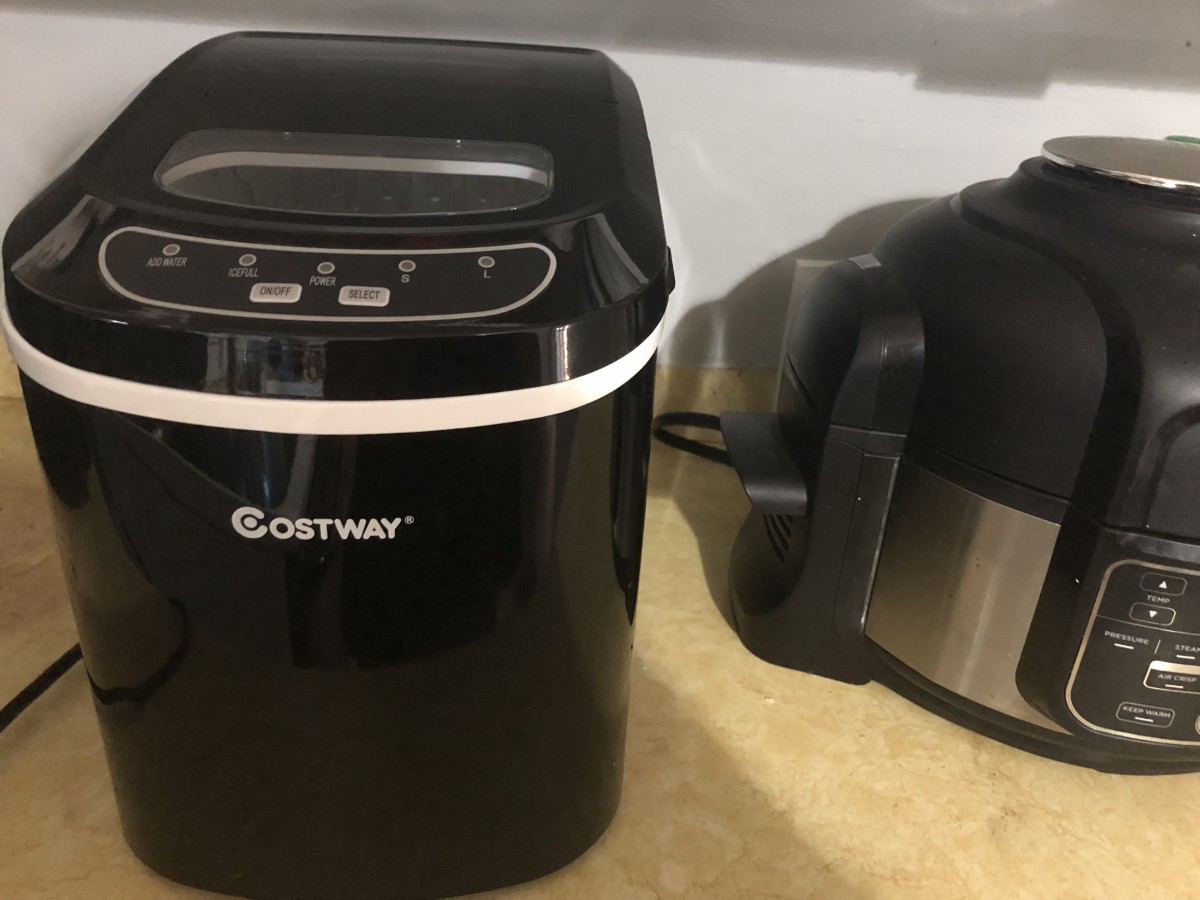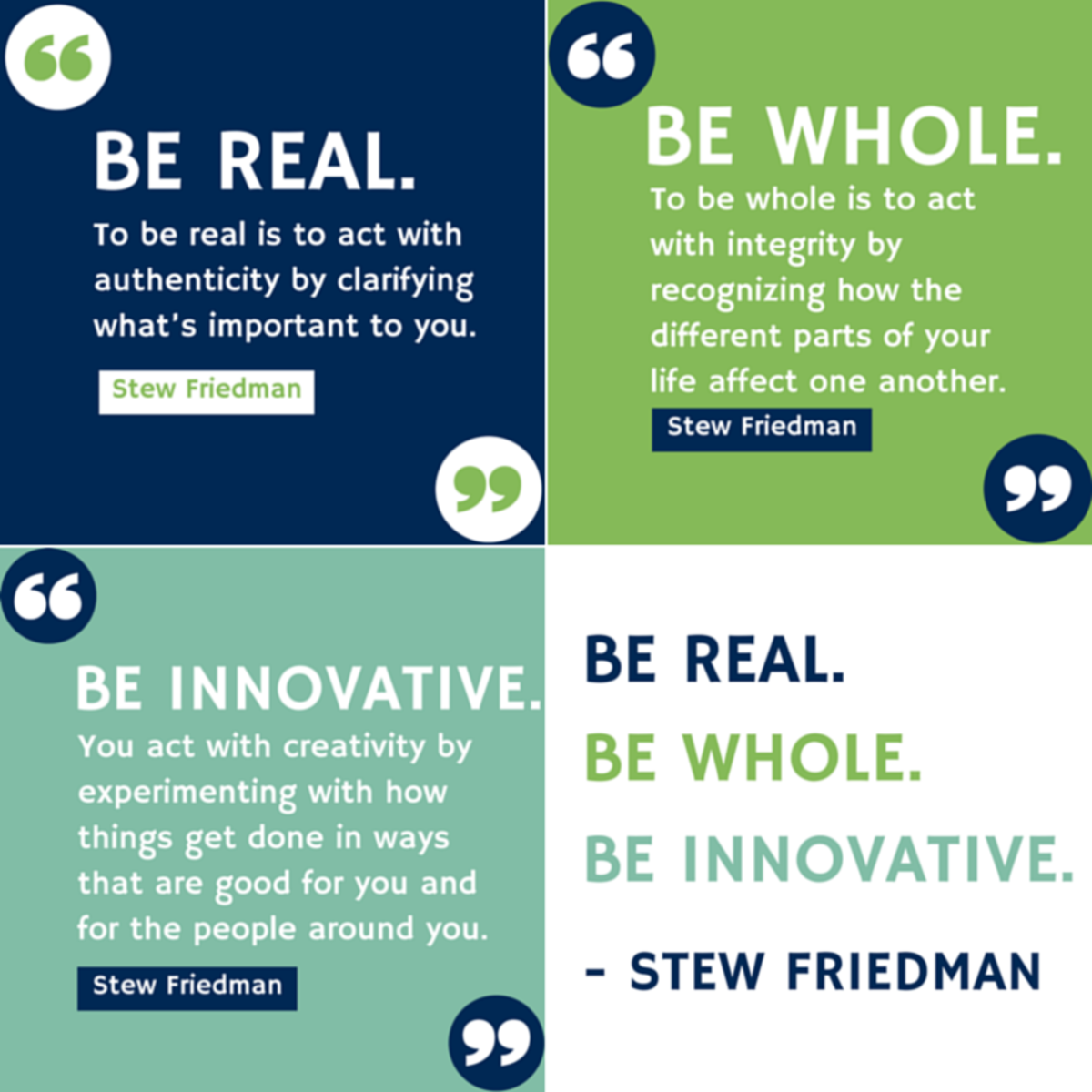- HubPages»
- Business and Employment»
- Marketing & Sales»
- Sales & Selling
Sales Tips: Finding the Real Decision-makers

By choice, I typically never sold to brides even though there was ample opportunity for me to provide invitations, favors, printed balloons and other celebration goodies through my former promotional product business. And I do love seeing the gorgeous designer dress concoctions of satin and lace, the settings, the decor... it's all so beautiful. But to get involved with the emotionally charged weddings market? No way! I realized that weddings were an "impossible" sale for me.
One of the difficulties I had with the bridal market is that it's difficult to figure out who's really the decision-maker. It should logically be the bride and/or groom, right? Not so fast! See what I learned about real decision-makers from reality TV in the following video:
The Decisionmakers Behind the Scenes
As discussed in the video, a bride's entourage can be a huge influence in what she'll wear on her (maybe) once-in-a-lifetime special day. This group could include the fiancé (a little odd for most couples, but saw it happen on multiple episodes of the show—maybe they just wanted to be on TV); the parents, grandparents or other relatives who might be paying for the dress or even the whole affair; friends and extended family; or, members of the wedding party. Will any of these folks be wearing the gown? Absolutely not. But they may be actually buying it either literally with their cash or vicariously with their influence.
Unfortunately for salespeople, those who have the most influence on whether a sale occurs may never be identified in conversations with the primary contact. The primary contact may be merely an information gatherer or buffer between the vendor and actual buyer. Contacts may also be the beneficiaries of the sale (as happened in some wedding dress examples on the show) and will have significant input. This happens in both B2C (business to consumer) and even more in the B2B (business to business) arenas.
Ferreting out who really has the decision-making authority can be a primary activity in sales, sometimes long before even a presentation or offer is made, lengthening the entire sales cycle.
Determining the Decision-maker(s)
For some sales, the decision-maker may never have contact with the vendor's sales team. The larger the organization, the more likely this is. As well, the decision-maker may be totally disinterested in the actual sale, save for the dollars is will cost him or her. Wedding dresses would be a prime example of this scenario.
In scenarios where the decision-maker will never be part of the actual sales transaction, the primary contact becomes a "salesperson" of sorts for the vendor. So while sellers are always anxious to connect with the actual decision-maker, being dismissive with the intermediary contacts can be interpreted as a slap to a contact's ego. In response, that sales offer could also be dismissed.
So how can a salesperson or small business owner get to those elusive decision-makers?
- Ask. Obviously! But this must be done carefully. A simple inquiry as to whether anyone else will be involved in making the final decision is sometimes enough to jog an intermediary contact into revealing who's holding the purse strings.
- Test Close. Once all sale details have been discussed and confirmed with contacts, asking to complete the sale can put contacts in a position that requires a decision. If the contacts cannot move forward, they may blurt out that they need to speak with so-and-so before going ahead. Congratulations on finding out who's really in charge!
- Don't Break Fragile Egos. Even if they have very little buying capability or authority, intermediary or beneficiary contacts want to feel like they're important and in charge. For those contacts, asking about the next step to getting the deal done can help them feel like they're still a part of the whole process and that the salesperson respects and values their input.
Who's the Boss?
Wanna see the test close in action? Check this...
I've sold advertising and promotions for many years. A good number of my clients have been family businesses. Often I dealt with small business owners who could have been the first, second or third generation. Usually, the owner could make the final yes/no decision.
However, as these businesses aged and future generations joined in the operation, I might be dealing with a sibling, child or other relative who had marketing dumped on them. Definitely not an ideal selling scenario! That's a customer with no experience, expertise, authority or interest. But I had to tread very carefully since these folks could make sure I'd never get the hand that wrote the checks to sign off on a deal. And as these businesses evolved that hand could change hands.
One day I was working with the adult child of an owner. Pleasant person, but I sensed that she didn't have the authority to pull the trigger, even though she said she was the "marketing manager." So I whipped out a test close after we had discussed many of the sale's particulars.
"Why don't we sign off on the sale today?" Response: "I'll have to talk to my dad about that."
It actually took a few years before the client started buying from me regularly. But at least I knew who was still the boss!
This article is accurate and true to the best of the author’s knowledge. Content is for informational or entertainment purposes only and does not substitute for personal counsel or professional advice in business, financial, legal, or technical matters.
© 2014 Heidi Thorne








